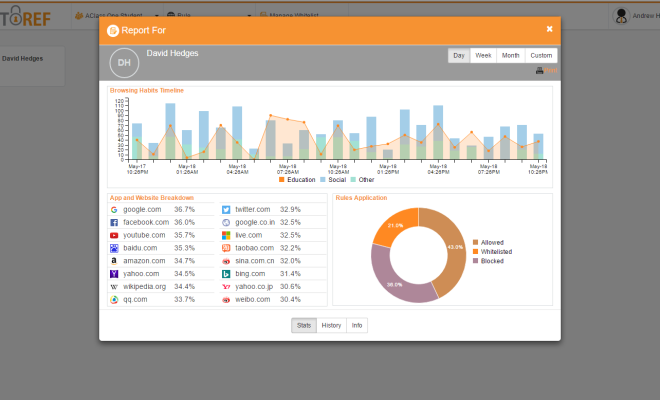New Analysis Estimates a Five-year Window for Responding to Ai Impacts on Higher Education

A groundbreaking new analysis has revealed a critical five-year window for higher education institutions to adapt to the transformative impacts of artificial intelligence (AI). The study, conducted by [name of research group/institution], paints a stark picture of the rapid evolution of AI and its potential to disrupt traditional teaching and learning paradigms.
The report highlights several key areas where AI is poised to significantly impact higher education within the next five years:
1. Personalized Learning and Adaptive Education: AI-powered tools will personalize learning experiences for students, tailoring content and pace to individual needs and learning styles. This will revolutionize the delivery of education, allowing for greater efficiency and effectiveness.
2. Automated Grading and Assessment: AI systems can analyze student work, provide feedback, and even assign grades, freeing up valuable time for educators to focus on more meaningful interactions with students. However, ethical concerns around bias and fairness in algorithmic assessments require careful consideration.
3. Emerging Roles for Educators: The rise of AI will necessitate a shift in educators’ roles, moving them from knowledge dispensers to facilitators of critical thinking, problem-solving, and creative skills that AI cannot yet replicate.
4. Redefined Skills and Competencies: AI will demand a workforce with skills in AI literacy, data analysis, ethical considerations, and human-centered design. Higher education institutions must adapt curricula and training programs to equip students with these in-demand capabilities.
5. New Models of Delivery and Collaboration: AI can facilitate collaborative learning environments, enabling students to connect with peers and experts worldwide. This opens up opportunities for online learning and blended learning approaches.
However, the analysis also emphasizes the urgency of addressing potential challenges posed by AI:
1. Digital Divide and Equity: Access to technology and digital literacy are crucial for harnessing the benefits of AI. Inequalities in access could exacerbate existing educational disparities.
2. Job Displacement and Future of Work: AI’s automation potential raises concerns about job displacement in academia and related fields. Higher education institutions must prepare students for a rapidly changing job market.
3. Ethical and Societal Considerations: The implications of AI on academic integrity, privacy, and the very nature of human intelligence demand careful ethical and societal considerations.
The five-year timeframe highlighted in the analysis serves as a stark reminder that time is of the essence. Higher education institutions must proactively embrace AI’s potential while mitigating its risks. This will require strategic planning, resource allocation, faculty development, and collaboration with stakeholders across the education sector.
By taking decisive action now, higher education can prepare for a future where AI empowers both educators and students to achieve new heights of learning, innovation, and societal impact.






